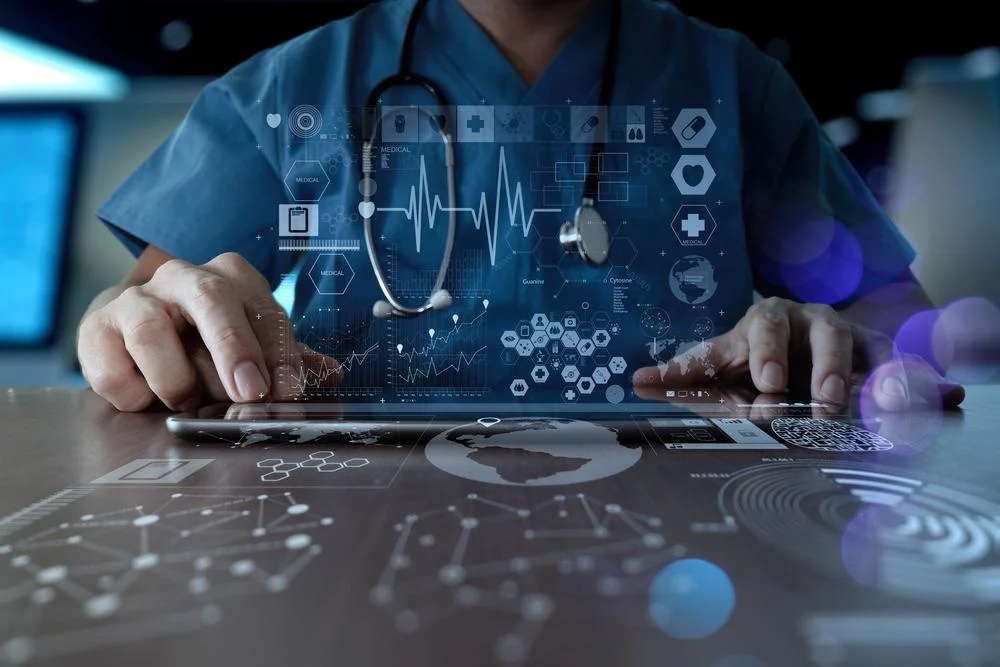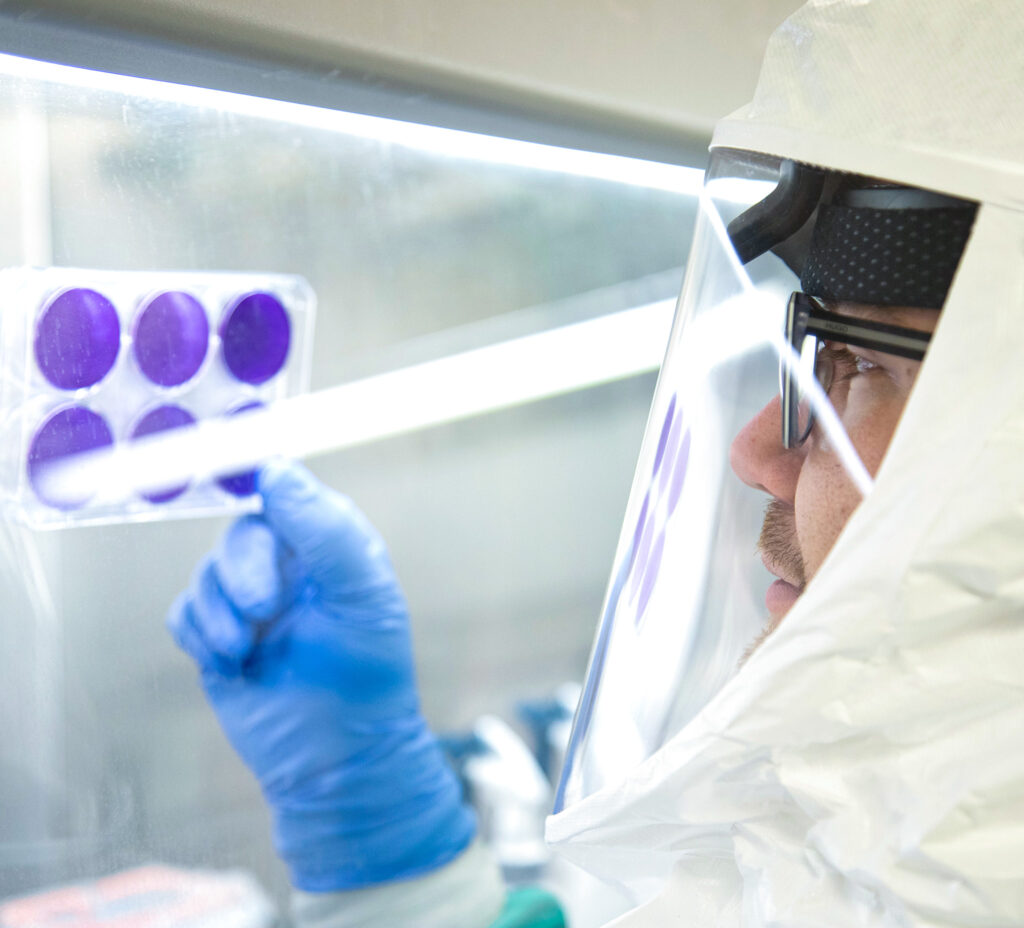In the ever-evolving landscape of medicine, breakthroughs in disease treatment are not just remarkable advancements; they are lifelines for millions around the globe. From innovative therapies to groundbreaking technologies, the latest developments in medicine offer hope where previously there may have been none. In this article, we delve into some of the most promising breakthroughs in disease treatment, exploring their potential impact on healthcare and the lives of patients.
1. Immunotherapy Revolutionizing Cancer Treatment
Immunotherapy has emerged as a game-changer in the fight against cancer. Unlike traditional treatments like chemotherapy and radiation, which directly target cancer cells, immunotherapy harnesses the power of the body’s immune system to identify and attack cancer cells. Key breakthroughs in this field include checkpoint inhibitors, CAR-T cell therapy, and cancer vaccines. These treatments have shown remarkable efficacy in various types of cancer, offering new hope to patients with previously untreatable forms of the disease.
2. Gene Editing for Genetic Disorders

Advances in gene editing technologies, such as CRISPR-Cas9, have opened up new possibilities for treating genetic disorders. By precisely modifying or correcting faulty genes, researchers aim to address the root causes of diseases like cystic fibrosis, sickle cell anemia, and muscular dystrophy. While still in the experimental stages, gene editing holds immense promise for transforming the landscape of genetic medicine and offering personalized therapies tailored to individual patients’ genetic makeup.
3. Targeted Therapies for Infectious Diseases
In the realm of infectious diseases, targeted therapies are revolutionizing treatment approaches. Antiviral drugs like remdesivir have shown efficacy against viruses such as Ebola and SARS-CoV-2, the virus responsible for COVID-19. Similarly, monoclonal antibodies have emerged as potent weapons against infectious agents, offering targeted treatment options with fewer side effects than broad-spectrum antibiotics. These advancements not only improve patient outcomes but also contribute to the global efforts to combat infectious disease outbreaks.
4. Stem Cell Therapy for Regenerative Medicine
Stem cell therapy holds immense potential for regenerative medicine, offering the possibility of repairing or replacing damaged tissues and organs. Recent breakthroughs in this field include the use of induced pluripotent stem cells (iPSCs) derived from adult cells, which circumvent the ethical concerns associated with embryonic stem cells. Researchers are exploring the use of stem cell therapies for conditions ranging from spinal cord injuries and heart disease to Parkinson’s and Alzheimer’s, paving the way for novel treatment modalities with the potential to transform patient care.
5. Artificial Intelligence in Diagnostics and Treatment
Artificial intelligence (AI) is increasingly playing a prominent role in healthcare, revolutionizing diagnostics, treatment planning, and patient care. Machine learning algorithms can analyze vast amounts of medical data, from imaging scans and genetic profiles to clinical notes and patient records, to identify patterns and make predictions with unprecedented accuracy. AI-powered diagnostic tools are enabling early detection of diseases, while AI-driven treatment algorithms are optimizing therapeutic regimens and improving treatment outcomes.
6. Nanotechnology for Precision Medicine
Nanotechnology offers unparalleled precision in drug delivery and targeted therapy, promising more effective treatments with fewer side effects. Nanoparticles can be engineered to deliver drugs directly to diseased cells or tissues, bypassing healthy ones and minimizing systemic toxicity. Additionally, nanoscale sensors and imaging agents enable real-time monitoring of biological processes inside the body, facilitating early disease detection and personalized treatment approaches. As nanotechnology continues to advance, it holds tremendous potential for transforming the landscape of precision medicine.

7. Telemedicine and Remote Patient Monitoring
The COVID-19 pandemic accelerated the adoption of telemedicine and remote patient monitoring technologies, revolutionizing the delivery of healthcare services. Virtual consultations, remote monitoring devices, and wearable sensors enable patients to receive medical care from the comfort of their homes while minimizing the risk of exposure to infectious agents. Beyond the pandemic, telemedicine offers opportunities to improve access to healthcare, particularly for underserved populations and those living in remote areas.
The latest developments in medicine represent a convergence of cutting-edge science, technology, and innovation, offering new hope and possibilities for patients around the world. From immunotherapy and gene editing to AI-driven diagnostics and nanotechnology, these breakthroughs are transforming the way we prevent, diagnose, and treat diseases. As researchers continue to push the boundaries of medical knowledge, the future of healthcare holds immense promise, with the potential to improve outcomes, enhance quality of life, and ultimately save lives.

